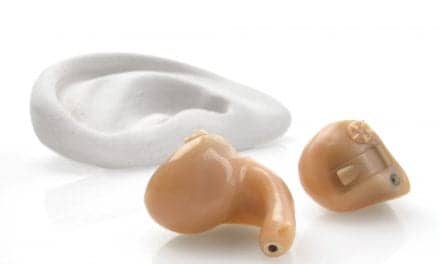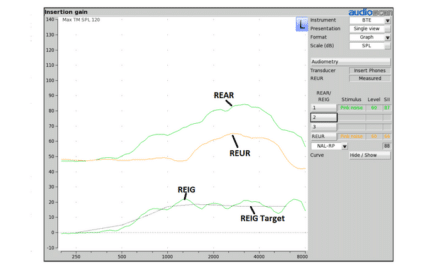6/20/07
Non-urgent patient care in England could be hit by a shortage of medical staff when thousands of junior doctors find themselves without a job in August, a doctors’ campaign body said on Tuesday.
As a result National Health Service hospitals could be short-staffed for many months, said Morris Brown, Professor of Clinical Pharmacology at Cambridge University and a founder of the Fidelio Group of senior doctors.
While emergency treatment should not suffer, patients seeking non-urgent treatments could face delays.
"What is likely to happen is that a lot of elective activities, whether in surgery or clinics, must be at risk if there are fewer doctors in posts," he said.
Brown formed Fidelio with other senior doctors earlier this year after thousands of junior doctors failed to get a single interview in a computerised application system for specialist training posts.
In the ensuing row all applicants were promised at least one interview, but Brown said Fidelio’s own polling of 1,150 junior doctors suggested that as many as 45 percent had yet to be offered a job.
The final offers will be sent out by this Friday when the first round of recruitment formally closes, although most of those who have won new jobs have already been informed.
The jobs are due to start on August 1, with the unsuccessful facing the prospect of working in a non-training post or going abroad to continue their medical education.
A second round of interviews for remaining posts is not due to start till later in August.
Some medical specialities still have up to 40 percent of positions unfulfilled, although many of these positions are likely to be only one-year contracts, Brown added.
In the interim period hospitals have been told by NHS Chief Executive David Nicholson to ensure patient safety and care is maintained.
They must find work for unsuccessful candidates, even if it is not at the same hospital.
The Department of Health said Fidelio’s figures were speculative and denied hospitals would face a staffing shortage.
"We are working with the NHS not only to make sure that doctors continue to be employed as the recruitment process continues, but also to ensure that patient services are maintained," a department spokeswoman said.
She said the second round of recruitment was expected to last until the end of October.
"However, even then, we have asked the NHS to try to make sure that appointable junior doctors will have an educational opportunity next year," she added.
The debacle over the now abandoned recruitment system, known as MTAS, forced a public apology from Health Secretary Patricia Hewitt and prompted the resignation of James Johnson as chairman of the doctors’ union, the British Medical Association.
As many as 32,000 medics are chasing around 20,000 training positions that would eventually lead to senior medical appointments.
The numbers have been swelled by many medics not currently in training positions trying their luck in the new national scheme.




